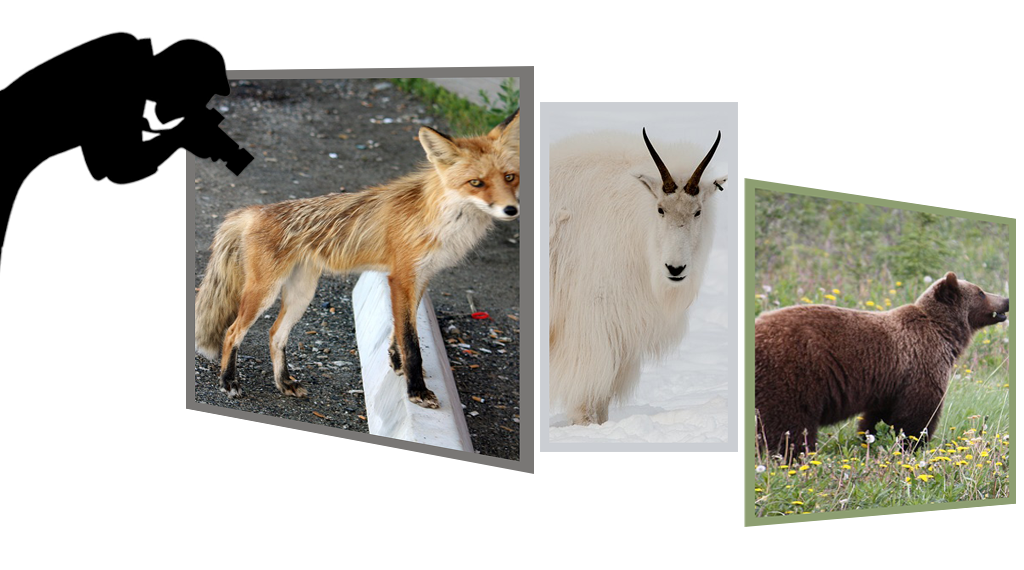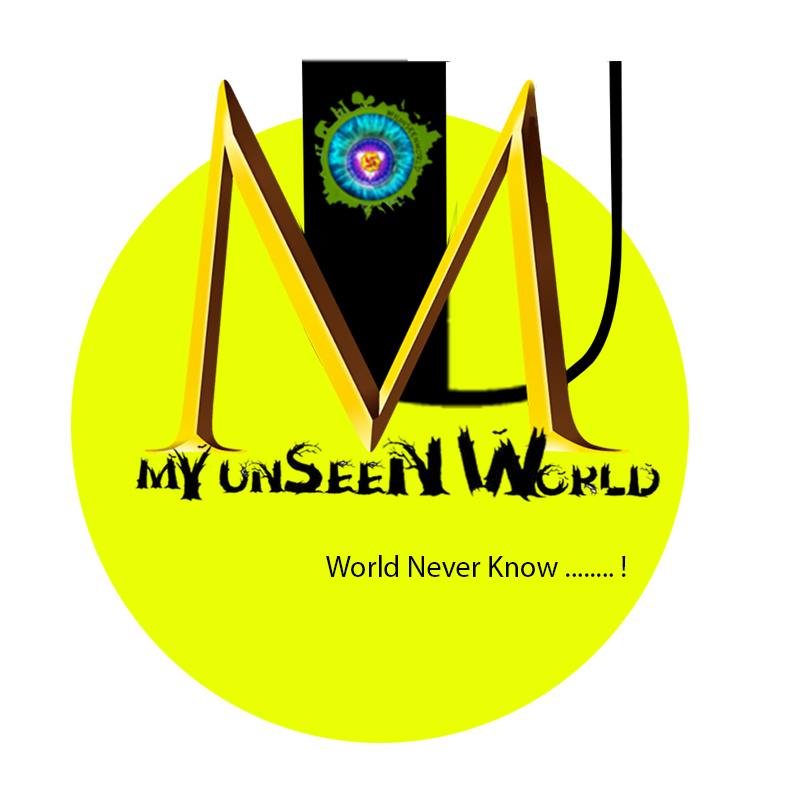The Yukon is an untouched wilderness in Canada filled with vast beauty. From snow-capped mountains to crystal-clear lakes and rivers, visitors can experience the Great White North in all its glory. Whether it’s adventure tourism like camping, fishing, and hiking, or cultural attractions like the Dawson City Music Festival and the Yukon Quest sledge-dog race, there is something for everyone in the Yukon. Come explore the wild beauty of the Yukon and discover why it remains one of Canada’s most beloved destinations.
Spectacular Scenes and Wildlife

The Yukon, Canada is an incredible destination for nature lovers, offering spectacular views of mountains, rivers, and forests, as well as abundant wildlife. The Yukon is home to a variety of wildlife species, including grizzly and black bears, moose, caribou, mountain goats, wolverines, and wolves. The Yukon’s vast wilderness areas provide ample opportunities for wildlife viewing, hiking, camping, and fishing. Visitors can also explore the region’s rich history and culture, as well as its many parks and reserves. The Yukon is an unforgettable experience for all who visit, offering a unique combination of unforgettable nature and culture.
Discovering Delicious Delicacies in the Yukon!

The Yukon region of Canada is renowned for its traditional delicacies and unique culinary delicacies that feature the region’s abundant natural resources. Yukoners have a rich culinary heritage, showcasing traditional flavors and ingredients such as wild game, smoked salmon, and Arctic char. Visitors to the Yukon can experience these unique dishes at local restaurants, which serve terrine of caribou, smoked Arctic char, and other dishes that are sure to delight. Additionally, the Yukon offers a variety of specialty food shops and markets that offer local products such as wild berry jams and preserves, wild game, and more. With its unique flavors and abundant natural resources, the Yukon is a wonderful destination for discovering delicious delicacies.
Exploring the Unique Customs

Yukon, Canada is a fascinating area with a unique culture and customs. From the traditional activities of the First Nations peoples to the diverse mix of cultures in the region, Yukon has something to offer visitors of all backgrounds. Traditional activities such as fishing, hunting, berry picking, and trapping are still practiced today, and festivals celebrating the culture of the First Nations are held throughout the year. The region also has a vibrant arts scene, with art galleries and music venues, as well as a wealth of outdoor activities like skiing, snowmobiling, and hiking. With its breathtaking scenery, welcoming people, and diverse culture, Yukon is a great destination for anyone looking to explore a unique corner of the world.
Exploring the Unique Cultures

Yukon, Canada is home to a variety of unique cultures that offer a unique and exciting experience for visitors. The territory is home to a wide range of Indigenous groups, including the Tlingit, Inuvialuit, Gwich’in, and Hän, and each group has its own distinct culture and language. Visitors to Yukon can explore the vibrant Indigenous cultures found in the area, from traditional ceremonies and performances to art and craftworks. Additionally, Yukon is home to a variety of other cultures, including those of early European settlers, and visitors can explore the area’s history and culture through museums, festivals, and other events. Overall, visitors to Yukon can explore a variety of unique cultures, making it a great destination for all types of travelers.
Frequently Asked Questions:
Q2. What kind of activities can I do in the Yukon?
A2: The Yukon is a great destination for outdoor activities such as hiking, camping, fishing, canoeing and kayaking, snowshoeing, skiing and snowmobiling, wildlife viewing, and much more. The Yukon also offers many cultural activities, like visiting the local museums, attending First Nations festivals and events, or experiencing the vibrant arts and music scene. You can also explore the Yukon's unique history, such as the gold rush and the fur trade, or visit hot springs and other natural wonders.
Q3. What is the climate like in the Yukon?
A3: The Yukon has a subarctic climate, with cold, snowy winters and mild summers. Winters typically last from late October through late April. Summer temperatures can reach highs of up to 25°C (77°F), though the average summer temperature is around 13°C (55°F). The temperature can drop below -50°C (-58°F) in winter, although the average winter temperature is around -25°C (-13°F).
Q4. What is the best way to get to the Yukon?
A4: The best way to get to the Yukon is by plane. Most major cities in Canada, Alaska, and the continental United States offer direct flights to Whitehorse, the capital of the Yukon. There are also bus and train services available from Vancouver and Calgary.
Q5. Are there any unique wildlife species in the Yukon?
A5: Yes, there are several unique wildlife species in the Yukon. These include the white wolf, the Yukon moose, the porcupine, the Arctic ground squirrel, the grizzly bear, the Dall sheep, the caribou, the pika, the wolverine, the lynx, the short-tailed weasel, and the snowshoe hare.
Q6. Are there any special events in the Yukon?
A6: Yes, there are a variety of special events in the Yukon! Some popular events include the Yukon Goldpanning Championships, the Arctic Winter Games, the Yukon Quest International Sled Dog Race, the Yukon Sourdough Rendezvous, and the Dawson City Music Festival.
Q7. What kind of accommodations are available in the Yukon?
A7: In the Yukon, visitors can find a wide variety of accommodation options, from rustic backcountry lodges and cabins to cozy bed & breakfasts, hotels, and RV parks. Some of the more popular options are luxury resorts, lodges, chalets, and campgrounds.

